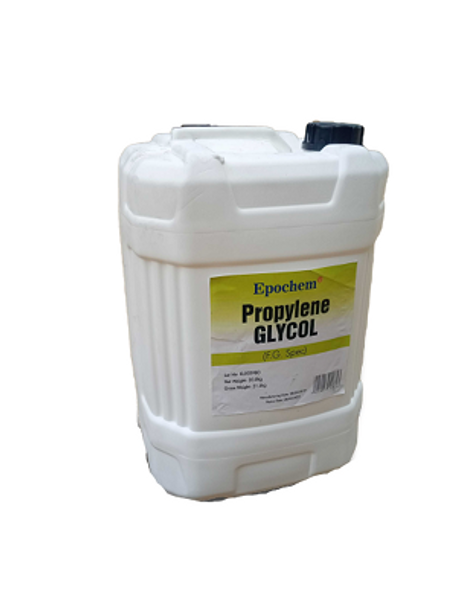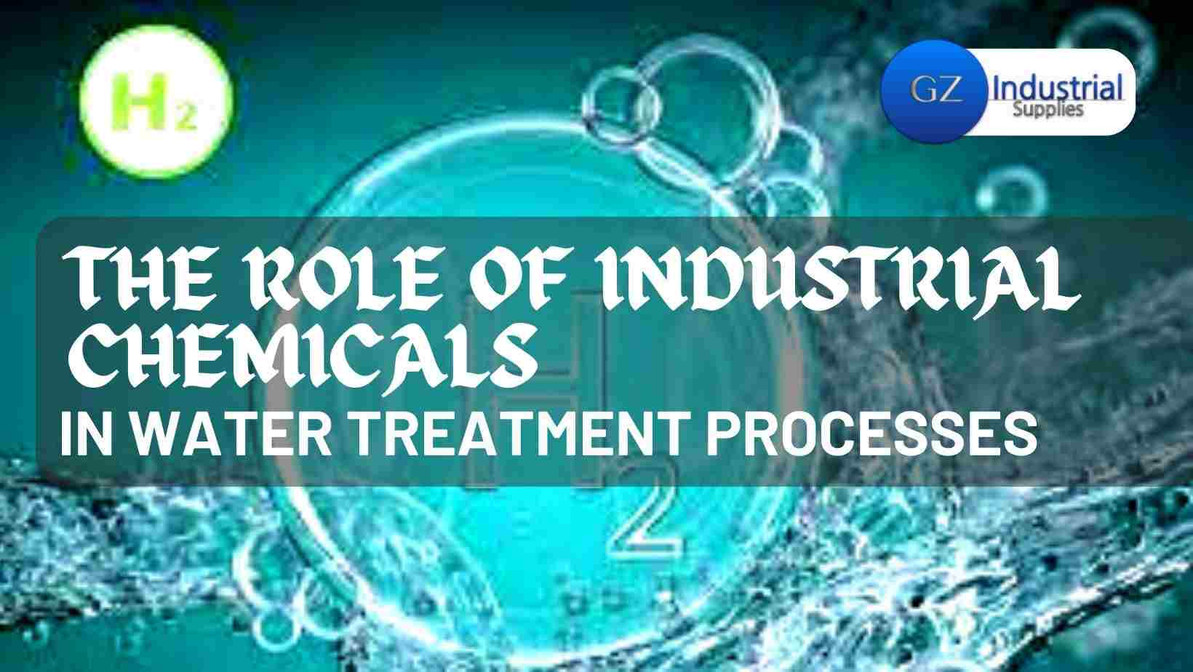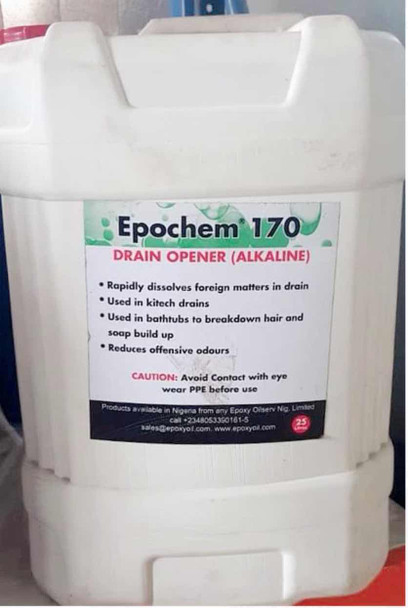The Role of Industrial Chemicals in Water Treatment Processes
In today's world, the use of industrial chemicals plays a pivotal role in the water treatment process, a fundamental element in safeguarding public health and environmental integrity. The importance of water treatment is profound, as it is essential in averting disease, bolstering both industrial and agricultural efforts, and preserving the equilibrium of our ecosystems. The history of water treatment dates back to ancient times when methods like sand and gravel filtration, boiling, and the use of natural chemicals were prevalent. Over centuries, these methods have evolved, leading to modern water treatment processes that efficiently handle large volumes of water while ensuring safety and purity.
Ion exchange resin is one of the industrial chemical in the water treatment industry, renowned for its efficacy in purifying and softening water. it comprises of porous beads, these resins operate on the principle of ion exchange — a process where undesirable ions in the water are swapped with preferable ones. Typically, in water softening applications, the resin beads attract and bind calcium and magnesium ions (responsible for water hardness) and exchange them for sodium or hydrogen ions. This transformation is not only crucial for preventing scale buildup in pipes and appliances but also for ensuring the water's suitability for various industrial processes. Beyond softening, ion exchange resins are instrumental in demineralization and deionization, particularly in settings where ultra-pure water is required, such as in pharmaceuticals and power generation. Their versatility, efficiency, and the ability to be regenerated and reused, make ion exchange resins an indispensable tool in modern water treatment solutions, aligning with the industry's move towards more sustainable and cost-effective practices.
Epochem Deionized water 20 litres
Understanding Industrial Chemicals in Water Treatment
Water contaminants are diverse, ranging from physical and chemical to biological and radiological elements. Common contaminants include bacteria, viruses, heavy metals, nitrates, pesticides, and industrial pollutants. The health impact of these contaminants can be severe, leading to diseases like cholera, lead poisoning, and cancer. Environmentally, they can disrupt aquatic ecosystems and harm wildlife.
Industrial chemicals are essential in modern water treatment processes. They include a broad range of substances used to remove contaminants and improve water quality. These chemicals are categorized based on their function, such as coagulants, flocculants, disinfectants, pH adjusters, and corrosion inhibitors.
The role of these chemicals in water purification is multifaceted. They aid in eliminating harmful pathogens, adjusting water pH, removing sediments, and preventing corrosion in pipelines, thus ensuring that the water is safe for consumption and use.
Types of Industrial Chemicals and processes used for Water Treatment
1. Chemical Coagulation and Flocculation
Coagulation and flocculation are critical steps in water treatment, involving the addition of chemicals to remove suspended particles. Coagulants, like aluminum sulfate, and flocculants, such as polymer-based compounds, cause particles to clump together, forming larger aggregates that can be easily removed.
2. Chlorination and Disinfection
Chlorine is a widely used disinfectant in water treatment. Its strong oxidative properties effectively kill bacteria and viruses, ensuring water safety. However, alternative methods like UV radiation and ozone treatment are gaining popularity due to concerns over chlorine by-products.
3. pH Control and Softening
Maintaining the correct pH balance in water is essential for preventing corrosion in pipes and ensuring water is palatable. Chemicals like lime and sodium carbonate are used for softening hard water by removing excess calcium and magnesium. These include
Ion Exchange Resin for Water Softening and Purification
Role: Ion exchange resins are used in water treatment processes to replace undesirable ions in water with preferable ones. They are commonly used in softening hard water by replacing calcium and magnesium ions with sodium or potassium ions. This category falls under the broader context of water purification and water softening chemicals.
Citric Acid for pH Adjustment and Cleaning Agent
Role: In water treatment, citric acid is often used as a pH adjusting agent, helping to balance the alkalinity or acidity of water. It's also employed as a cleaning agent to remove scale and mineral deposits from water lines and machinery. This places citric acid in the category of pH control chemicals and cleaning agents for water systems.
Demineralised Water 20 Liters
4. Scale and Corrosion Control
Scale and corrosion in water systems can lead to significant infrastructure damage. Chemicals like phosphates and polyphosphates are used to control scale and corrosion, thereby protecting water distribution systems. This include;
Scale Inhibitor Dispersant for Scale and Corrosion Control
Role: Scale inhibitors and dispersants are chemicals used to prevent the formation of scale (hardened mineral deposits) and to control corrosion in water systems, pipelines, and boilers. These chemicals work by interfering with the precipitation and crystallization processes of minerals. This category is crucial in maintaining the integrity and efficiency of water treatment systems and infrastructure.
5. Advanced Oxidation Processes
Advanced oxidation processes involve the generation of highly reactive species, like hydroxyl radicals, to remove persistent organic pollutants. Chemicals used in these processes include hydrogen peroxide and ozone.
6. Membrane Treatment Chemicals
In membrane filtration processes, chemicals play a role in pre-treatment and cleaning of the membranes. Antiscalants, biocides, and cleaning agents are used to enhance the efficiency and lifespan of membrane systems. This include;
Activated Carbon Charcoal for Water Filtration and Purification
Role: Activated carbon charcoal is primarily used for its ability to adsorb impurities and contaminants from water, including organic compounds, chlorine, and odors. This chemical is essential in the filtration and purification stages of water treatment, helping to improve water quality and taste.
7. Sludge Treatment and Dewatering
Sludge treatment is essential in water treatment plants. Chemicals like polyelectrolytes are used in the dewatering process to separate water from solids, making sludge disposal more manageable and environmentally friendly.
Drain Opener Epochem 170 alkaline cleaner 20 liters
Safety practices in Handling industrial chemicals
Operators in water treatment facilities must be trained in safe handling practices, which include:
- Proper Personal Protective Equipment (PPE): Using gloves, goggles, aprons, and masks to protect against chemical exposure.
- Emergency Response Plans: Preparedness for spills, leaks, or accidents, including first-aid measures and containment strategies.
- Routine Inspections and Maintenance: Regular checks of storage tanks, pipelines, and equipment to detect and rectify any potential hazards.
- Employee Training and Awareness: Continuous education and training programs to keep staff informed about safety protocols and updates in regulations.
How to Select the Right Chemicals for Your Water Treatment Needs
Selecting the right chemicals for water treatment is a critical decision that impacts not only the effectiveness of the water treatment process but also public health, environmental sustainability, and operational efficiency. To make an informed decision, it’s essential to consider various factors that influence the suitability and performance of these chemicals.
Understanding Your Water Source
- Analyzing Water Quality: Begin by conducting a comprehensive analysis of your water source. Testing for pH, hardness, microbial content, turbidity, and the presence of specific contaminants such as heavy metals or organic compounds is essential.
- Source Variability: Consider the variability in water quality, which might change with seasons, weather conditions, or human activities.
Defining Treatment Goals
- Safety and Compliance: Ensure the chemicals chosen meet the safety standards for potable water and comply with local and international regulations.
- Specific Objectives: Identify specific treatment needs such as disinfection, removal of hardness, pH adjustment, or reduction of specific contaminants.
Chemical Properties and Compatibility
- Reactivity and Effectiveness: Understand how different chemicals react with the contaminants present in your water. Some chemicals are more effective against certain types of contaminants than others.
- Compatibility with Existing Systems: Ensure the selected chemicals are compatible with your existing water treatment infrastructure to avoid damaging equipment.

Epochem Propylene Glycol 20 Liters
Environmental and Health Considerations
- Eco-Friendly Options: Whenever possible, choose chemicals that have a minimal environmental footprint and do not produce harmful by-products.
- Health Impact: Consider the health implications of the chemicals, not only in terms of direct consumption but also regarding long-term exposure and accumulation in the environment.
Cost and Availability
- Budget Constraints: Factor in the cost of the chemicals, including long-term operational and disposal costs.
- Supply Reliability: Ensure a consistent and reliable supply of the chosen chemicals, considering any potential supply chain disruptions.
Expert Consultation
- Seeking Professional Advice: Consult with water treatment experts, including chemists and engineers, who can provide insights based on the latest research and technological advancements.
- Pilot Testing: Before full-scale implementation, conduct pilot testing to observe the effectiveness and potential side effects of the chemicals in a controlled environment.
Continuous Monitoring and Adjustment
- Regular Water Testing: Continuously monitor the water quality to ensure the chemicals are performing as expected.
- Adaptability: Be prepared to adjust your chemical treatment strategy as water characteristics or regulatory standards change.
FAQs in Industrial Chemical Water Treatment
- What are the most commonly used chemicals in water treatment?
- How do industrial chemicals impact the environment?
- Are there any alternatives to chemical water treatment?
- What safety measures should be followed when handling water treatment chemicals?
- How do regulations impact the choice of chemicals in water treatment?
Related Article;
Sodium Hypochlorite in Water Treatment: A Powerful Solution for Safe and Clean Water
Conclusion
The role of industrial chemicals in water treatment is undeniable. They ensure safe, clean water, which is a cornerstone of public health and environmental safety. Embracing sustainable and effective practices in chemical water treatment is not just a necessity but a responsibility we all share.
For those looking to learn more about industrial chemicals in water treatment, visit gz-supplies.com for a comprehensive range of products and expert guidance. Whether for industrial, municipal, or personal use, ensure your water treatment processes are efficient, safe, and environmentally friendly.
Recent Posts
-
Why Serious Mechanics Are Switching to Japanese-Made Shinano Air Tools
Japanese-Made Shinano Air Tools Key takeaway: Shinano’s tight-tolerance, twin-hammer designs d …Apr 24, 2025 -
Top 10 Hand Tool Brands for Professionals
Introduction When it comes to professional hand tools, quality, durability, and reliability are para …Apr 23, 2025 -
HOW DOES CORROSION INHIBITOR WORK
Introduction Corrosion has posed a lot of problems to various companies and industries; by interfer …Apr 22, 2025






